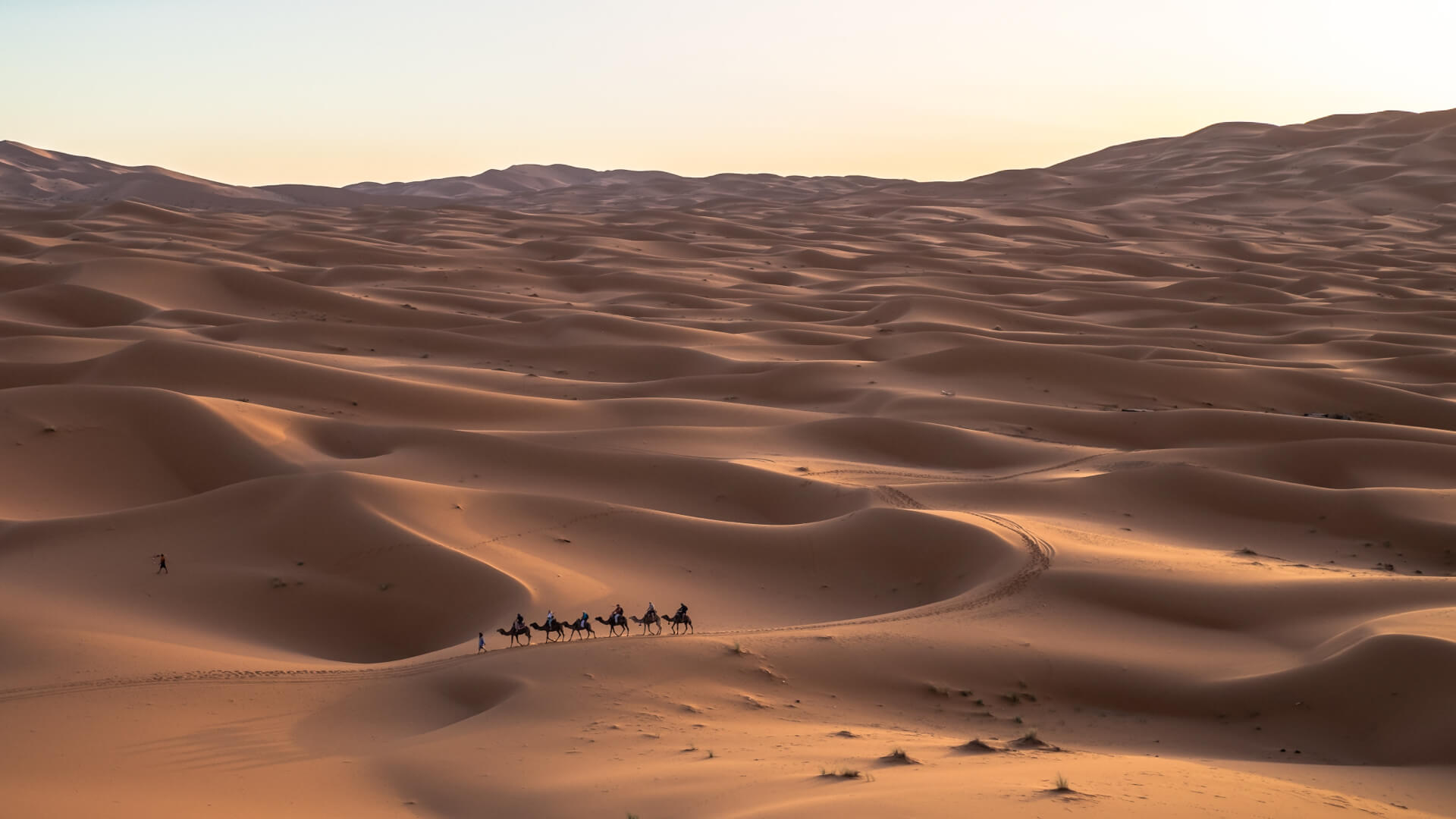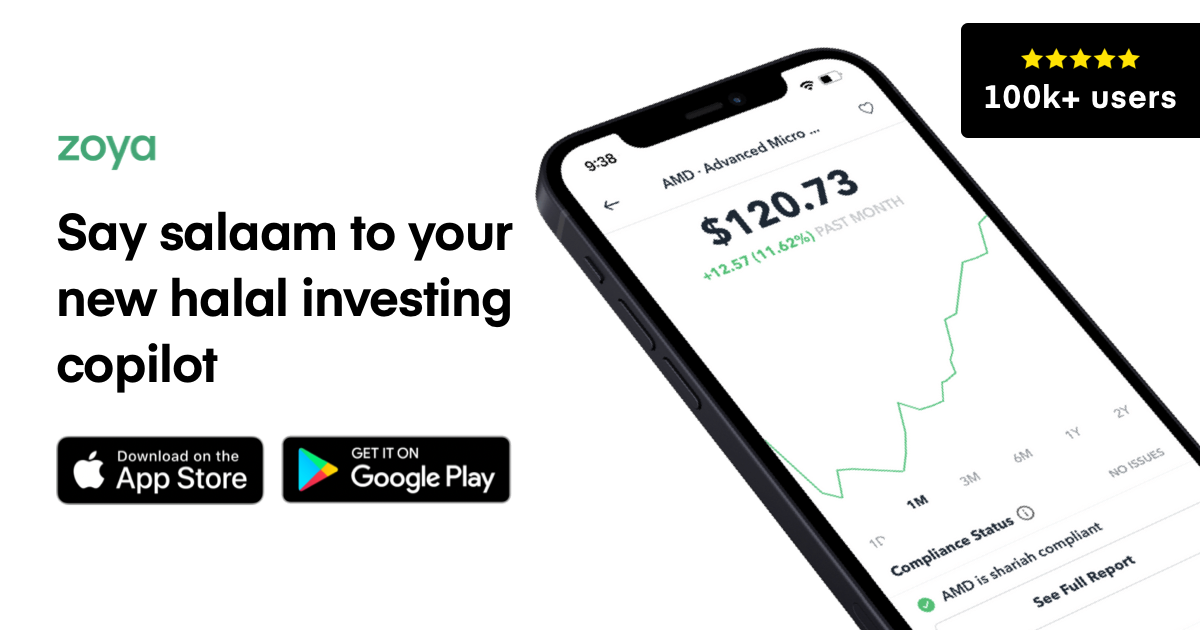3 Lessons on Managing Your Wealth from the Legacy of Uthman ibn Affan

Uthman ibn Affan – Allah be pleased with him – is one of the most prominent Companions of the Prophet (peace be upon him), and one of the few known to have been remarkably wealthy. Let’s explore some aspects of his relationship with money.
The early life and trade of Uthman
Uthman was born into a wealthy and influential family of the Quraysh tribe. His father Affan passed away when Uthman was still a young adult before revelation came to the Prophet (PBUH). Uthman had one full sister, Aminah, who was a skilled hairdresser in Makkah; and he had no full brothers. This meant that upon Affan’s death, Uthman inherited a significant amount of wealth which he likely then invested into trading.
The sources are silent on the specific nature of his business ventures. Makkah was a center of pilgrimage and thus attracted people, including merchants, and with them ideas from Arabia and beyond. The city was also strategically located on a north-south trade route running along the Red Sea, with its two terminals in Sham (today’s Syria, Palestine, Lebanon, Jordan) and Yemen. The Makkans took caravans, particularly to Sham, carrying goods such as leather (“the plastic of the age”), hides, perfume, and clarified butter, among other in-demand products.
In any case, Uthman did make the journey to Sham for trade, a round trip of about two months from Makkah. He also journeyed to Yemen. We can appreciate the logistics involved and the skills required to successfully do business this way. Every aspect of the journey had to be carefully planned for, from networking and maintaining reliable flows of information about the marketplace to protecting goods from the elements and highway robbers. Uthman had qualities, relationships, and skills that would likely give him a personal edge. He was very calm and collected; he was closely related to very prominent merchants, such as Abu Sufyan; and he was literate, an eloquent speaker, and an advocate for reasoned decision-making.
Lesson 1: Work with principle
Uthman stayed away from many harmful distractions. Partying, music, drinking, gambling, and sexual promiscuity were common among young people in Makkah prior to the advent of Islam, but he never indulged in any of them. He also did not indulge in idol worship. Avoiding these likely helped him focus on his trade and thus played a role in making him wealthy at a young age. He also came to be widely loved and respected for his good character, which brought him close to other virtuous people in Makkan society, including Abu Bakr.
Most importantly, Uthman’s focus on his work and avoidance of harmful amusements probably decluttered his mind so that he could ponder more deeply about life and pick up on signs that the world was on the cusp of change. It was during one of his return journeys from Sham, where he had gone for trade, that he heard a voice in the night crying out, “O sleepers, wake up, for Ahmad has emerged in Makkah.” When he returned to Makkah, he learned from Abu Bakr that the Prophet (PBUH) had brought a message. He accepted it immediately.
Why did Uthman accept so quickly? Did his trust in Muhammad (PBUH), have something to do with his experiences with wealth? Uthman had known the Prophet his entire life; they were family, as Uthman’s mother Arwa was the Prophet’s first cousin. Uthman may have heard about the Prophet (PBUH)’s honest and diligent handling of trade in Sham on behalf of Khadijah. The Prophet was also known for being trustworthy, to the point that people often gave him their money for safekeeping. Especially because he was a merchant, these qualities of the Prophet must have made a deep impression on Uthman and compelled him to embrace Islam.
Lesson 2: Let your actions be in service of others
As a Muslim, Uthman used his wealth to serve the dīn and community, and he likely contributed much more than even what we find in the sources. He purchased the freedom of many enslaved Muslims, and likely supported many of the Muslim refugees who made their way to Abyssinia. He himself went to Abyssinia with his wife, the Prophet (PBUH)’s daughter Ruqayyah, and was able to conduct his business to an extent there too.
After the migration in Madinah, Uthman is known for many major acts of generosity during the life of the Prophet (PBUH), and there must be countless that are not known to us. He bought a well known as Bi’r Rumah, the owner of which used his virtual monopoly on the local water supply to charge an exorbitant price per bucket. The Prophet (PBUH) promised a reward in Jannah to whoever bought the well and made it accessible for people. Uthman attempted to buy it, but the owner wouldn’t sell, so Uthman brilliantly negotiated an agreement to buy half of it, i.e. on alternating days Uthman or the previous owner would have exclusive access to it. Uthman then made the water available for free on the days the well belonged to him, and everyone began to use it only on those days, to avoid paying the high costs the previous owner charged. Out of desperation, the previous owner asked Uthman to buy out the well entirely, but he was in no position to demand a high price, so Uthman was able to make the purchase at a much lower price than what it may have otherwise cost. Still, according to one source, it cost 35,000 dirhams (equivalent to USD$1.5 million today), and he readily gave it to charity. The well would go on to become the foundation of Uthman’s Waqf which exists to this day.
Similarly, Uthman donated very generously to equip the “Army of Difficulty” assembled by the Prophet (PBUH) to defend against an invasion of Arabia led by the Byzantine emperor, Heraclius. Uthman also paid for an expansion of Masjid an-Nabawi, and the area which he purchased is today part of the blessed rawdah of the Prophet (PBUH), where so many go to pray to this day.
Lesson 3: Lead with diligence
For 24 years after the Prophet (PBUH) passed on from this world, Uthman worked tirelessly to manage the rapidly expanding Muslim empire. He supported Abu Bakr and Umar during their periods of leadership before he himself was selected for that role. As more wealth flowed into Madinah, he advised the caliphs on many issues, taking into consideration not only the economic goals of the empire and the need to redistribute wealth in a just way but also the impact of newfound wealth on the spiritual condition of the Muslims. Some of the major reforms suggested by him included the setting up of the diwan (record-keeping), the Islamic calendar, and the system of assigning ownership of conquered lands.
Meanwhile, Uthman continued to give generously. By the time he was selected to be the third caliph, he had given away most of his wealth to charity; he had gone from owning the most camels and sheep among all the Arabs to being left with only two camels, which he kept for pilgrimage. He continued to develop and implement a robust policy of economic justice, the details of which are accessible and fascinating but can’t be discussed in this article; it is enough to say that this policy set a precedent for pursuing justice even for an unlawfully killed dog. Uthman also invested from bayt al-mal (public treasury) in projects that served the long-term interests of the Muslims, including the expansion of Masjid al-Haram and establishing the Muslims’ first navy.
Uthman ultimately faced accusations of financial corruption (among others) from devious critics, who had lost their way to the point that they ended up murdering this dearly loved companion of the Prophet (PBUH). The point to note is that Uthman’s record of due diligence in managing his own wealth and, as caliph, the wealth of the Muslims was so clear that the accusations never gained any traction.
The ultimate investment
Uthman’s life ended in difficulty and martyrdom, but there was an ROI awaiting him on the other side that was far better than anything he had gained in this life. Every person’s tests in life are different; Uthman was tested with an abundance of wealth, and he dealt with it brilliantly. He was not emboldened by his wealth or generosity, and he did not flaunt it. He lived very humbly; there are narrations describing him sleeping on the floor of the masjid in a blanket, riding on a mule with his servant, and sufficing himself with olive oil after offering others the finest food.
He was a very modest and shy person, but importantly, this did not impede his ability to communicate as required for success in trade or community service. He understood that rizq (sustenance) from Allah comes in many forms, not just material wealth, such as his beautiful marriages to two of the daughters of the Prophet (the second being Umm Kulthum); and he remained patient and grateful when Allah took certain blessings away from him. Uthman was close to the Qur’an, and recited and pondered over it often. He had many other beautiful qualities; for our purposes, his story reminds us that the pursuit of wealth, if guided by Islam, does not have to be shunned in the name of piety; in fact, it is encouraged to acquire, enjoy, and share wealth in ways pleasing to Allah.
Uthman understood that wealth has its place in life and society, but he kept it in his hands, not in his heart. Before Islam, he had never allowed youthful indulgences to distract him away from acquiring wealth, and after Islam he never allowed wealth to distract him away from excelling in dīn and making his most profitable investment by far.

Zoya: Halal Stocks, ETFs, Mutual Funds
Zoya makes halal investing easy by helping you build and monitor a shariah compliant investment portfolio with confidence and clarity.